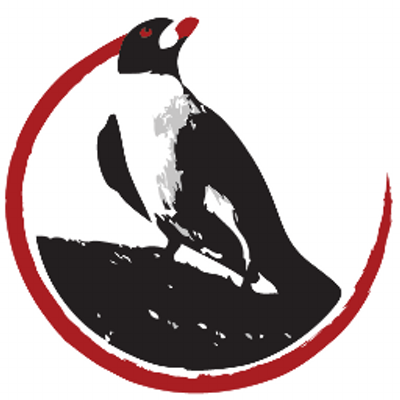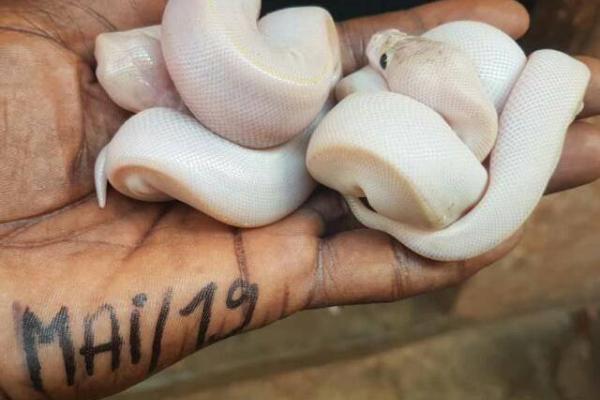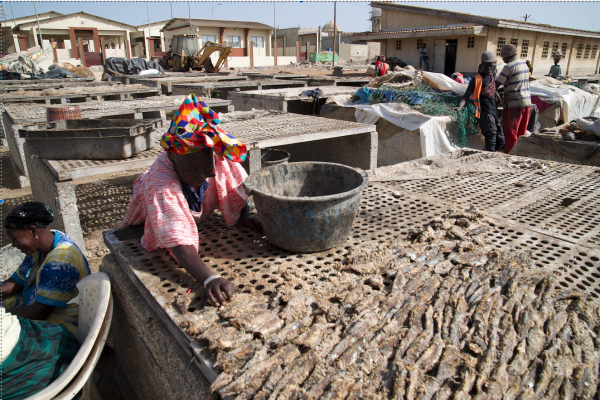About the project
A team of five data journalists engaged in a tailor-made five-month training programme on how to use data tools in investigative journalism and environmental storytelling. The training was delivered in four modules and one final e-learning event:
- Module 1: Using data to enhance environmental journalism
- Module 2: Using the law to access environmental crime data
- Module 3: Tools of the trade
- Module 4: Building a Community of Practice
- Shared Learning Event: Investigating environmental crime in Europe
The final event, which was the only one open to the wider audience, had more than 70 people registered and 33 attendees from which more than 90% identified as journalists or media outlet representatives.
Over the course of the programme, the participants collected a total of 206 new data points, as well as updates to cases already published on the #WildEye Europe map. The majority of incidents took place between 2018 - 2022, and mainly focused on seizures (68%), followed by convictions (12%), arrests (11%) and court cases (9%).
Highlights
According to Oxpeckers Investigative Environmental Journalism, these are some of the highlights of the work done:
1- Data collected
Over the course of the programme, the data wranglers collected a total of 206 new data points, as well as updates to cases already published on the #WildEye Europe map. The majority of incidents took place between 2018 - 2022, and mainly focused on seizures (68%), followed by convictions (12%), arrests (11%) and court cases (9%).
The data comes from across the continent, including Germany, Italy, the UK, France and the Netherlands. Some of the most popular items involved were European eels and ivory and encouragingly, shows that the punishment meted out has increased over time. This is likely related to new and updated laws, and improved understanding of the severity of environmental crimes across the globe.
While the analysis below indicates a decline in incidents between 2020 until now, this is likely due to the COVID-19 pandemic, law enforcement availability and difficulties around record-keeping and delayed court dates. It is also significantly easier to access seizure and arrest data than follow-ups to the process.
2- New materials
As part of the programme, new training and resource materials were produced for the Oxpeckers Learning Kit, to be accessed by environmental journalists and used in the training programmes. This comprises the following:
- Tools of the trade: Data journalism (training video)
- Using the law to access wildlife & environmental crime data in the UK (training video)
- Investigating environmental crime in Europe (webinar)
- #WildEye Europe: Using the law to access wildlife & environmental crime data (training documentation)
- How to use the #WildEye Mapping Tool (training video)
3- Registrations
The registration process has tracked 250 users, including 162 organisations, that have provided feedback on the use of the #WildEye tools during the life of the programme. The nature of organisations include: freelance journalists, media houses, news agents, academics, documentary makers, writers, legal entities, animals’ rights advocates, environmental NGOs, photographers and funders.
4- Feedback
The current feedback data indicates a broad spectrum of users with broad scope of application of the tool. By far the biggest use of #WildEye is reported as “research”. In some cases, it is specified as research for investigations, for counter-environmental crime operations or research into environmental crime.
Journalists, specifically, reported that they are using the tool for accessing data and environmental crime-related information, investigations and “staying up to date”.






